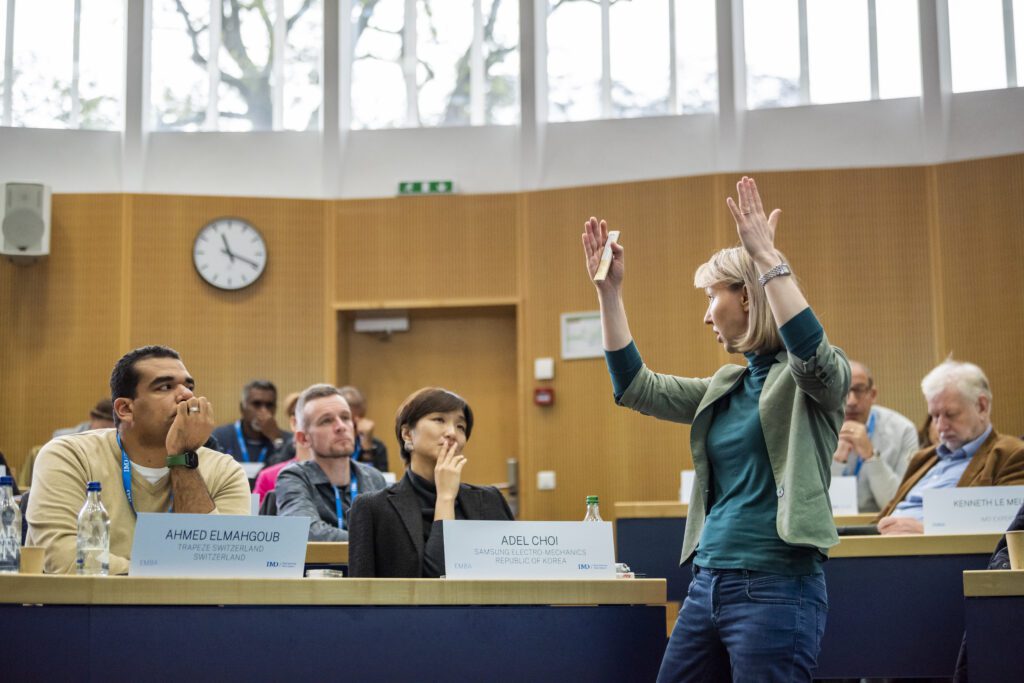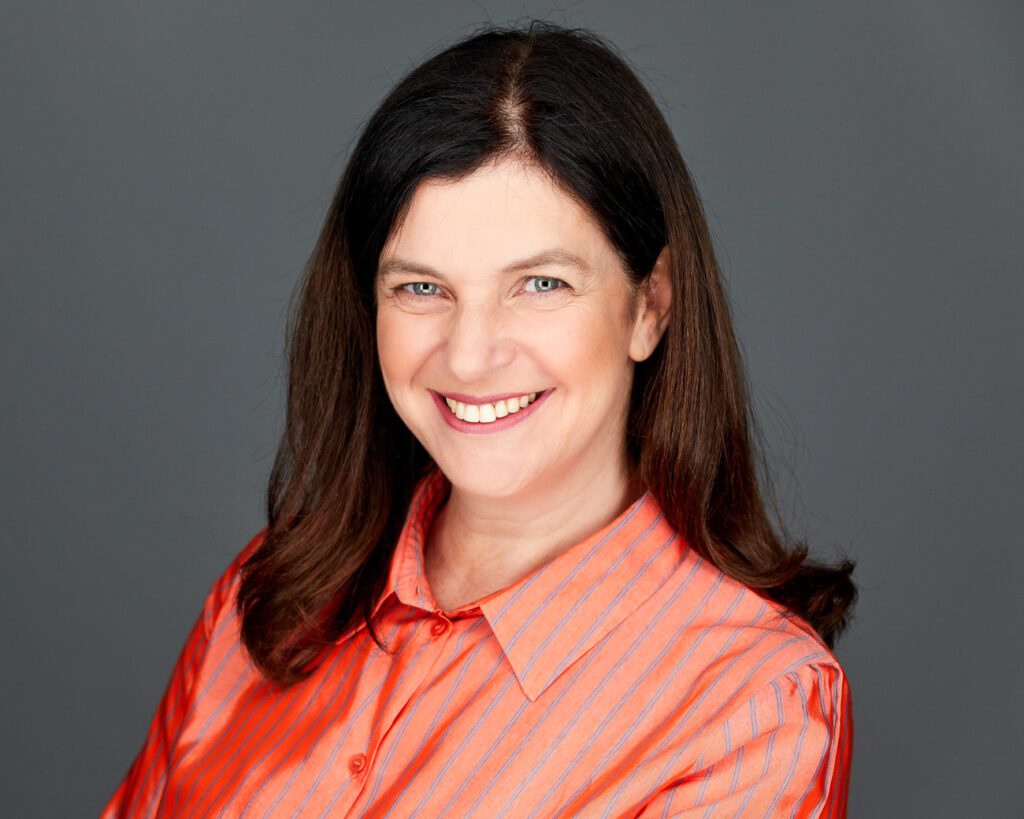In 2025, expertise in different markets and cultures is a must-have for anyone seeking business success. Expanding into a new country involves selling a product while adapting to local preferences, business practices, and regulations. Toyota did this by adjusting its lean manufacturing approach in the US, blending Japanese efficiency with American work culture. Airbnb made similar changes in China, adopting a local name, Aibiying, and integrating with WeChat for easy bookings.
Leaders who can navigate these differences are better equipped to strengthen their organisation’s global presence and avoid costly mistakes. That’s where IMD Business School comes in. Through its Executive MBA (EMBA) programme, executives gain firsthand experience managing cross-cultural teams, making strategic decisions, and driving business success. With hands-on learning and real-world case studies, they develop the skills needed to lead confidently in today’s interconnected world.
With 75 years of experience shaping business leaders, IMD consistently ranks among the top five in the Financial Times Executive Education Global Ranking. “The whole conversation that we had at IMD around leadership through influence was foundational,” says graduate Steve Dispensa, who is currently the Corporate Vice President of Security Business Development at Microsoft.

The school has an expanded global network, allowing you to form connections with executives worldwide. Source: IMD Business School
Powerful network of executives, future-focused curriculum
The EMBA is built for ambitious professionals looking to take their leadership to the next level. Each cohort comprises experienced mid-level managers, senior executives, and C-suite leaders from 30 industries and nationalities across Asia, Europe, Africa, and the Americas.
Such a diverse cohort makes learning dynamic – made more spirited by a curriculum that focuses on key topics like geopolitics, global economics, strategy, finance, AI, and sustainability. These are live issues for anyone seeking a strategic grasp of international markets.
To provide this understanding, the IMD EMBA starts by building a strong foundation in corporate finance and capital markets and exploring risk management, diversification, and global financial decision-making. This approach prepares students well for the next stage: connecting marketing, finance, operations, and digital transformation to real-world business challenges.

Vanina Farber, elea Professor of Social Innovation and Dean of IMD’s EMBA programme, is an award-winning economist specialising in social innovation and impact investing. Source: IMD Business School
Global Immersion Weeks, a lifetime of impact
The EMBA programme is hands-on and practical. Its Global Immersion Weeks take learning beyond the classroom, where each destination untangles a unique aspect of the global economy. Depending on the EMBA format they choose, participants will experience one to three of these immersive modules.
For those in the Elective-flex format, one Global Immersion Week is mandatory, with additional weeks available as electives. The Modular-flex format, on the other hand, requires three international modules.
Current destinations include Silicon Valley for entrepreneurship, Peru and Colombia for social innovation, Singapore for Asian business and family enterprises, and Shenzhen for corporate innovation. Other options include India, Japan, and Kenya.
These are weeks filled with company visits and so much more. Students might find themselves in villages, schools, or working with local entrepreneurs to find solutions. “These experiences push participants out of their comfort zone and beyond the traditional business settings where they typically operate,” says Vanina Farber, Dean of EMBA. “Businesses exist in a social and cultural context, so these lessons in contextual intelligence are indispensable for global business leaders.”
For many participants, these lessons translate into real impact. Hope Murera, now Managing Director & CEO of ZEP-RE, credits her time at IMD — particularly her experience in Silicon Valley — for reshaping her approach to problem-solving in the insurance sector. “It was the visit to Silicon Valley and the conversations I had with my professors at IMD that led me to think about: What is the problem that we need to solve?” she says.
Talented and experienced faculty members
IMD faculty are world-renowned academics known for their industry links and influence. Their teaching is based on deep research and shaped by their work with top global companies.
Rather than traditional lecturers, IMD faculty act as facilitators, bringing fresh insights and up-to-date knowledge to guide discussions. One standout faculty member is Mark Greeven, Professor of Management Innovation and Dean of Asia. With a decade of experience in China, he specialises in helping companies navigate innovation in uncertain times. Recognised by Thinkers50, he has worked with leading firms like Alibaba and Nestlé to develop new strategies for digital transformation and corporate innovation.
While the impact of any professor or programme is often qualitative, the EMBA’s influence is clear. For instance, after a Global Immersion in Peru, one participant convinced his company to establish an office there. Meanwhile, two others who met during the experience launched a venture together in Saudi Arabia. These tangible outcomes showcase how the EMBA empowers executives to pivot, adapt, and seize new opportunities as they emerge.
Learn more about IMD Business School.
Follow IMD Business School on Facebook, X, LinkedIn, Instagram and YouTube.











